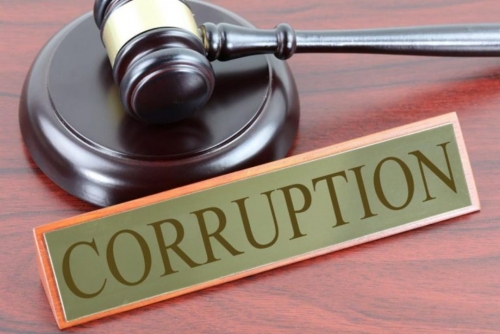MPs to review Makkah anti-corruption pact
TDT | Manama
Email: mail@newsofbahrain.com
The government has sent a draft law to Parliament to approve the Makkah Agreement, a pact among Organisation of Islamic Cooperation (OIC) member states to work together on enforcing anti-corruption laws.
Bahrain’s backing of this agreement is part of its wider push to strengthen ties with other countries in tackling corruption.
The deal is meant to make it easier for law enforcement agencies to share information and track down those involved in corrupt dealings.
Preamble
The agreement consists of a preamble and 23 articles.
The first article spells out key terms, covering things like public office, member states, and “assets.”
The second sets out the main aims, which include improving the flow of information between authorities so they can stop, investigate, and prosecute corruption-related crimes more effectively.
There’s also a push for sharing skills, training, and expertise to help authorities sharpen their tools for tackling corruption.
The crimes covered by the agreement include bribery of public officials, influence peddling, corruption in private business, and attempts to carry out or assist in any of these offences.
It also ensures that no country can interfere with another’s legal affairs — cooperation must respect the independence of each nation, and no state can claim control over another’s legal matters.
Corruption
A major part of the agreement is about making it easier for countries to work together on corruption cases. This includes sharing details about suspects, their whereabouts, and any dodgy money trails. Countries are also encouraged to exchange know-how, run joint training sessions, and support one another in their efforts to keep corruption in check.
Rules
When it comes to swapping information, there are clear rules in place. Requests for details must be backed up with a solid reason and handled in line with the receiving country’s laws. If a request is knocked back, the country refusing it has to explain why
Related Posts

